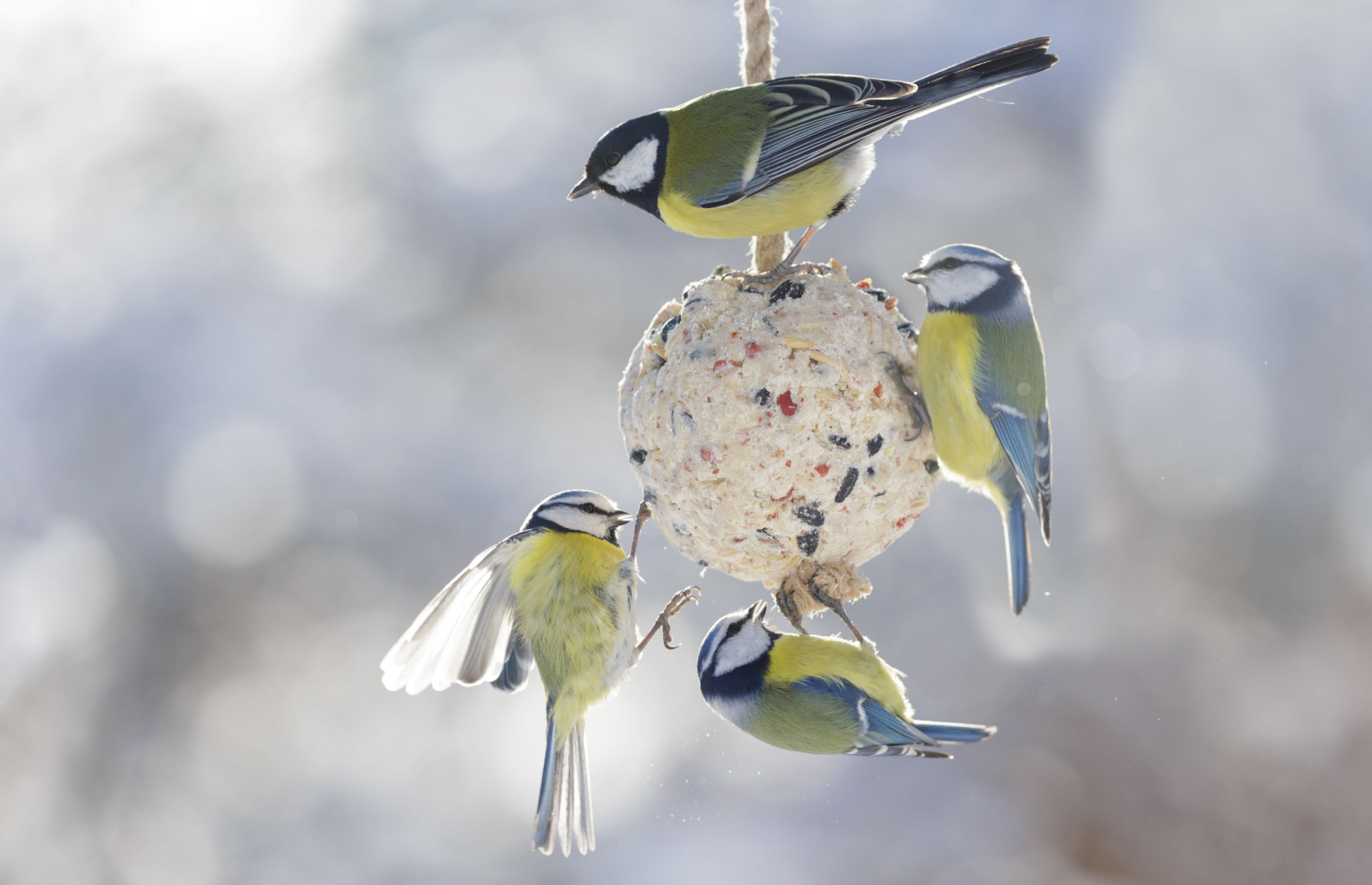Seasonal Pet Sitting Tips: Caring for Your Pets During Winter
Understanding Your Pet's Needs in Winter
As the temperature drops, your furry friend's needs change. Winter can be a challenging time for pets, especially those not accustomed to cold weather. Understanding these needs helps ensure your pet stays healthy and comfortable throughout the season.
Pets, like humans, can experience discomfort from cold temperatures. Short-haired and smaller breeds may require extra protection. Additionally, older pets or those with certain health conditions might need special attention to stay warm and safe.

Providing Warmth and Shelter
One of the most important aspects of winter pet care is providing adequate warmth and shelter. Ensure your pet's sleeping area is cozy and away from drafts. You might consider adding extra blankets or even a pet-safe heating pad.
If your pet spends time outdoors, make sure their shelter is insulated and dry. Consider investing in a heated pet house or a thermal blanket to keep them comfortable during frosty nights.
Nutritional Adjustments for Winter
Winter can also affect your pet's dietary needs. As the cold weather sets in, pets may require more calories to maintain their body temperature. Be sure to provide a balanced diet that meets these increased energy needs.
Consult with your veterinarian about any necessary changes to your pet's diet. They can recommend specific foods or supplements to support your pet's health during the winter months.

Exercise and Indoor Activities
While it might be tempting to skip walks on colder days, regular exercise is essential for your pet's physical and mental well-being. Dress your pet in a cozy sweater or jacket for warmth during outdoor activities.
On particularly cold days, consider indoor exercises or games. Use toys and interactive activities to keep your pet engaged and active. This not only helps with physical fitness but also prevents boredom.
Grooming Considerations
Proper grooming is vital in winter to maintain your pet's coat and skin health. Regular brushing helps remove dead hair and prevents matting, which can be uncomfortable for your pet.
Avoid bathing your pet too frequently during winter, as it can strip essential oils from their skin, leading to dryness. When baths are necessary, use a moisturizing shampoo designed for pets.

Identifying Signs of Cold Stress
It's crucial to recognize signs that your pet might be too cold. Shivering, whining, or seeking warmth are indicators of discomfort. If you notice any of these signs, bring your pet indoors immediately to warm up.
In extreme cases, prolonged exposure to cold can lead to hypothermia or frostbite. Always monitor your pet during cold weather outings and limit their time outside when temperatures drop significantly.
Preventing Cold Weather Hazards
Winter comes with unique hazards such as antifreeze spills, which can be deadly if ingested by pets. Keep antifreeze and other chemicals out of reach and clean up spills promptly. Additionally, check paws for ice, salt, and de-icing chemicals after walks.
Consider using pet-safe de-icers on driveways and sidewalks to protect your pet's paws from irritation or injury.
Ensuring Hydration
Even in cold weather, pets need plenty of fresh water. Make sure their water bowl doesn't freeze over if kept outside. Hydration is crucial for maintaining energy levels and overall health.
If necessary, use a heated water bowl to ensure a constant supply of fresh water, preventing dehydration during the chilly months.
